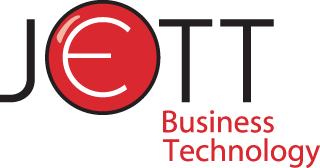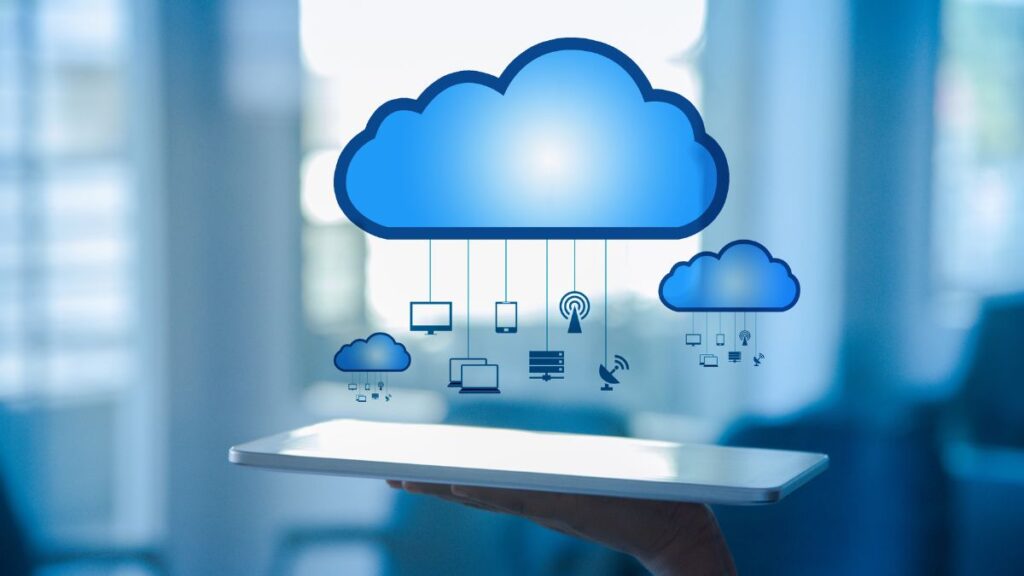In today’s digital landscape, businesses are continually adapting to new technologies to stay competitive and efficient. Two significant technological advancements shaping this transformation are cloud computing and edge computing. These technologies, while distinct, are central to modern IT strategies, especially as businesses handle more data and seek faster processing times.
Cloud Computing
Cloud computing offers businesses a way to harness remote computing resources via the Internet, significantly enhancing operational flexibility. This model provides on-demand access to a vast array of services, including storage, servers, databases, networking, and software. Companies no longer need to invest heavily in physical hardware. Instead, they can rent access from cloud computing providers, leading to a reduction in IT overhead and an increase in scalability.
This technology supports a broad spectrum of applications, from data analytics to software development and integration, all hosted in secure, remotely managed data centers.
Read more: Exploring the Landscape of Cloud Computing
Edge Computing
On the flip side, edge computing is designed to bring data processing closer to the source of data generation. This proximity reduces latency, as data doesn’t have to traverse over long distances to a centralized data center. It processes information in real time, making it ideal for applications that rely on instant data analysis, such as IoT devices and smart applications.
Edge computing enhances operational efficiency by processing data locally, which can be crucial for real-time applications that require immediate insights and actions.
Difference Between Cloud and Edge Computing
While both cloud computing and edge computing offer distinct advantages, they are often most effective when used in conjunction. Cloud computing excels in situations where extensive computational power and global access are required, making it suitable for large-scale analytics and storage solutions. Conversely, edge computing is advantageous for real-time, location-specific applications.
For businesses in Atlanta, leveraging cloud computing alongside edge computing can provide a comprehensive IT infrastructure that maximizes efficiency and performance. For example, a retail company may use cloud computing for its inventory management and customer relationship management systems while employing edge computing to handle real-time processing at point-of-sale systems in their stores.
Navigating Technological Advancements
Understanding the roles and benefits of both cloud computing and edge computing is essential for businesses looking to optimize their operations and embrace digital transformation. Each technology offers unique strengths that can significantly enhance business operations when appropriately aligned with organizational needs.
For businesses seeking to implement or enhance their cloud or premise computing strategies, partnering with JETT Business Technology can be invaluable. We invite you to contact us to explore how our cloud computing services in Atlanta can help you enhance your business.


